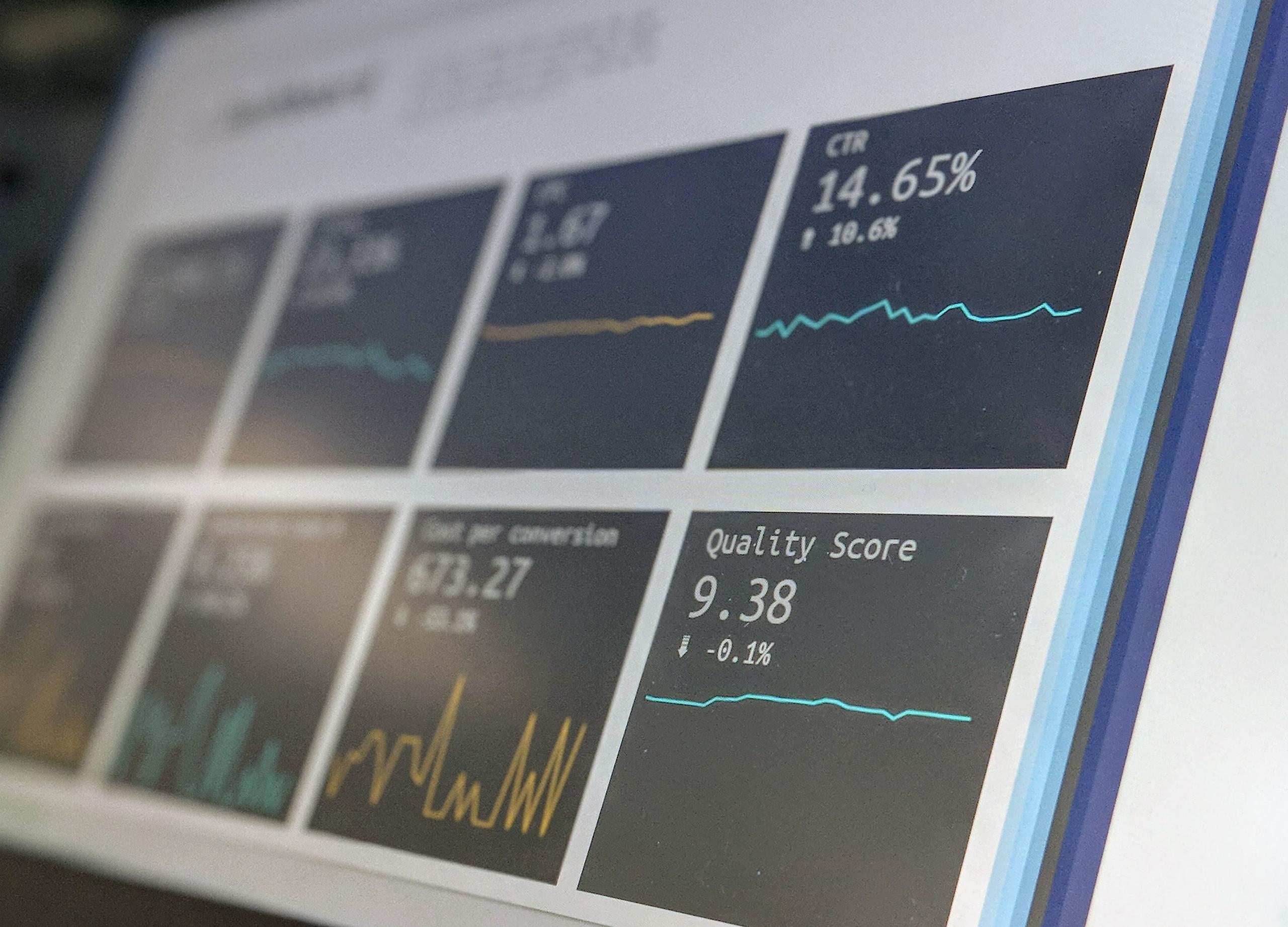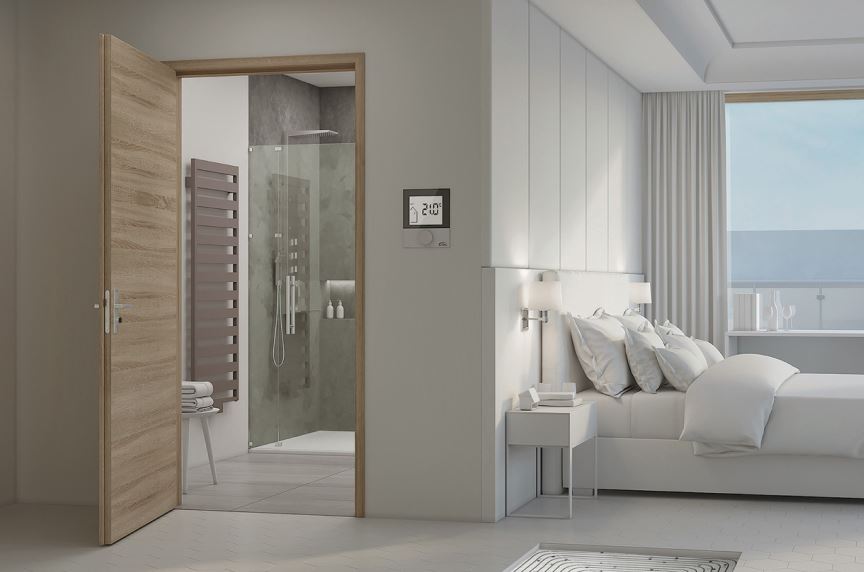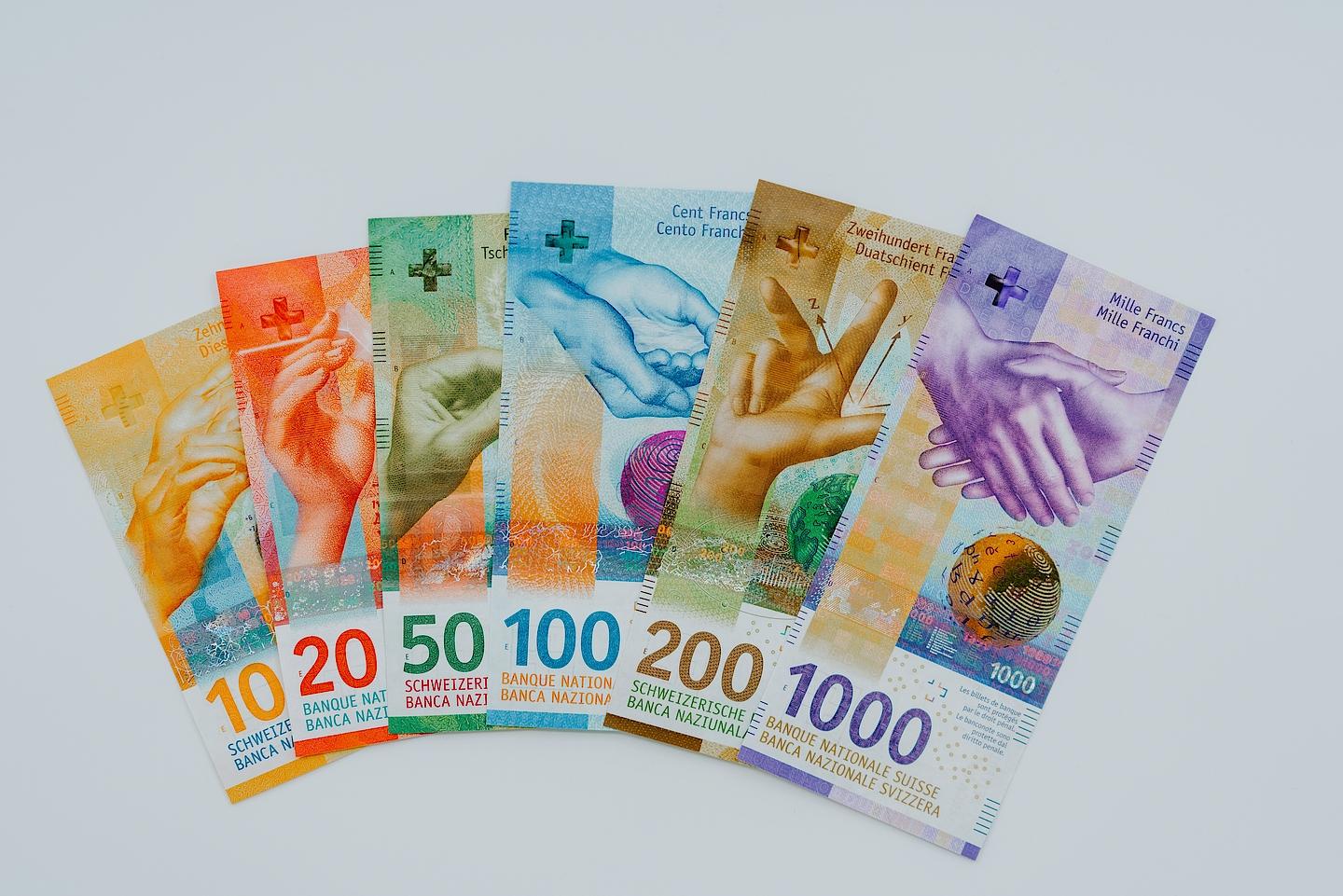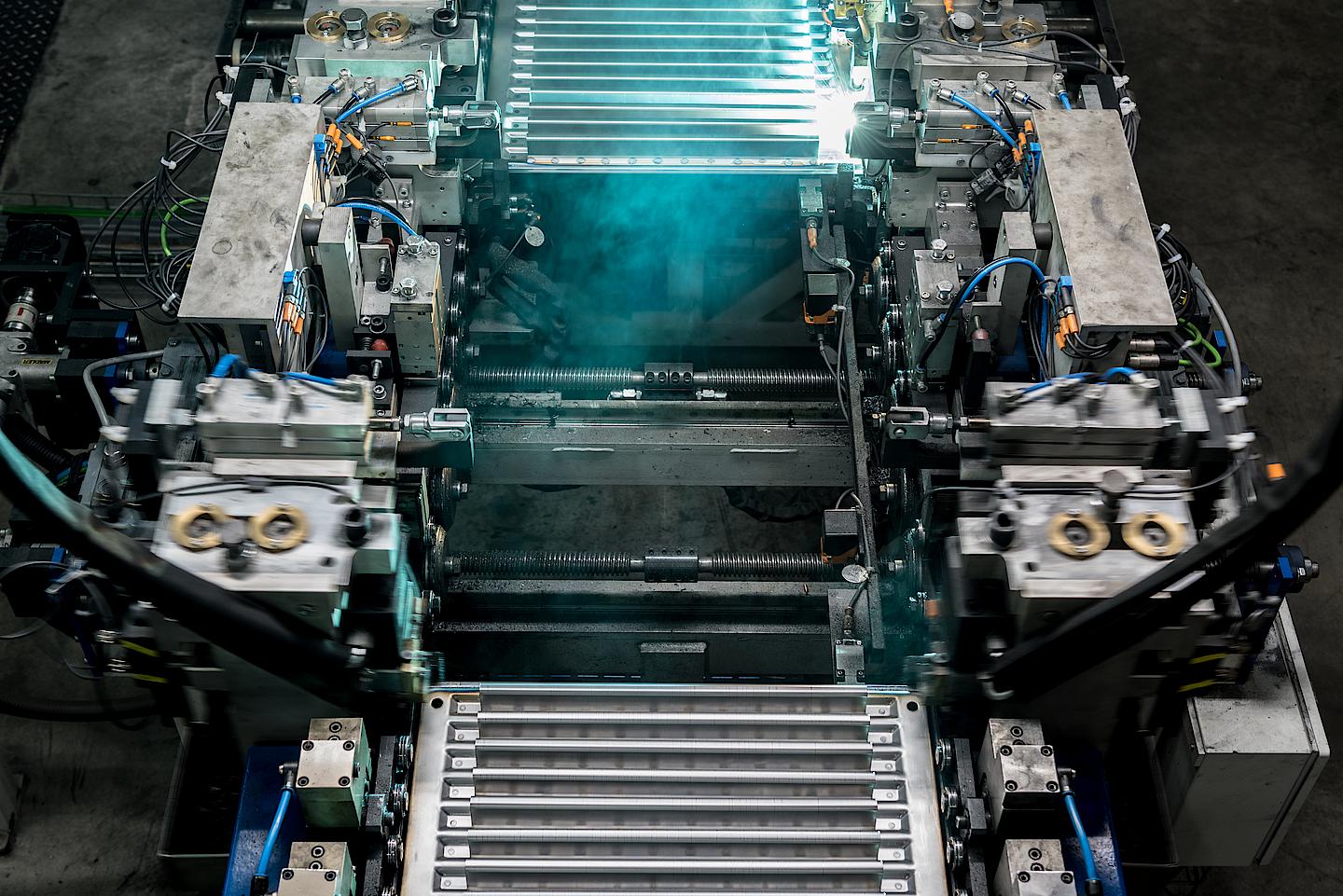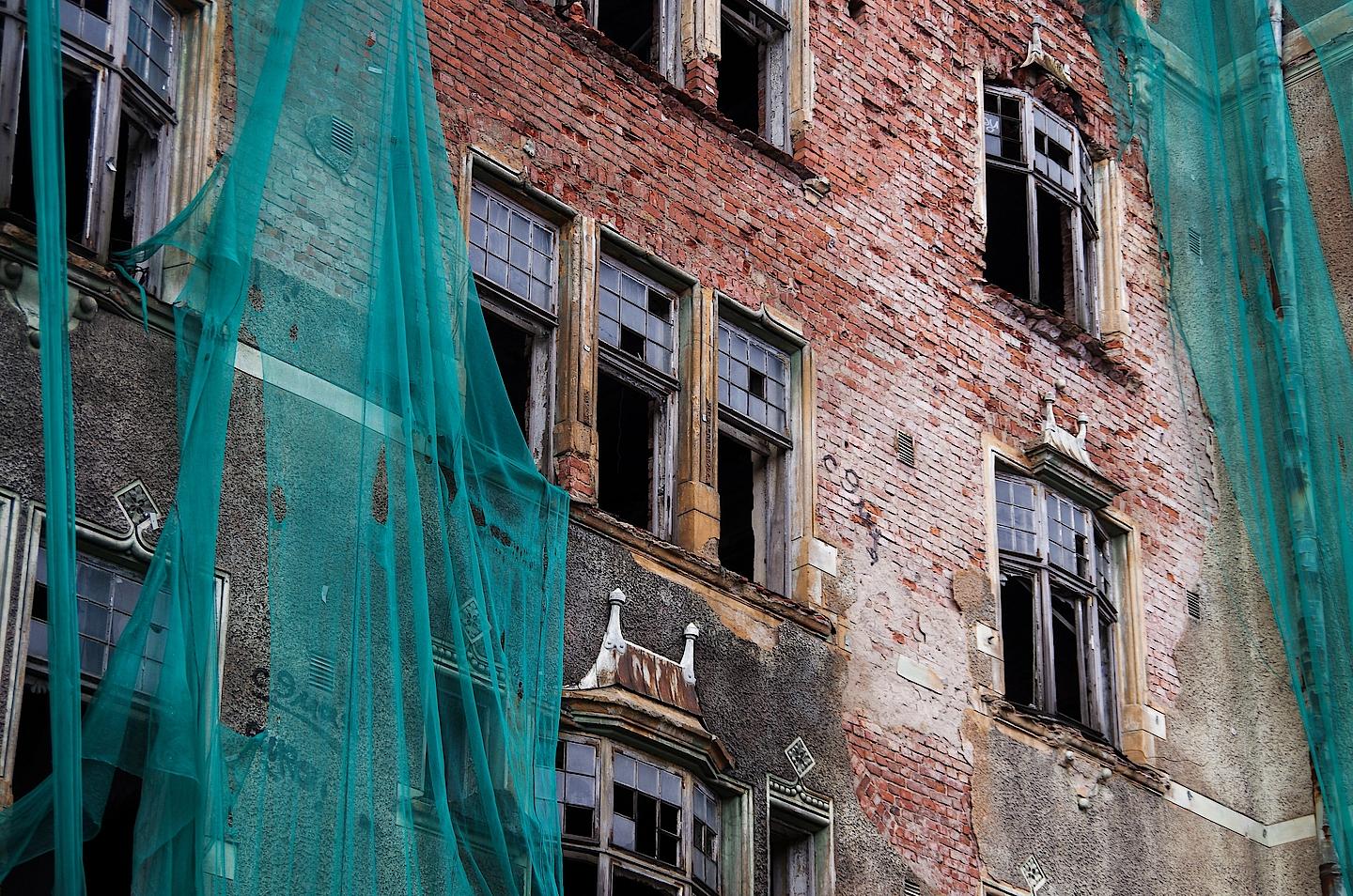Future-oriented product portfolio with growth products catering to mega trends as well as cash generating mature products.
Arbonia's product portfolio comprises, on the one hand, established or traditional products that generate significant cash flow and, on the other hand, growth products that are growing strongly and therefore still require investments. The first group (cash-flow generating mature products) mainly includes the flat panel radiators of the Climate Division as well as other radiators. The second group includes heat pumps, heat storage units, ventilation products such as air handling units or residential ventilation, underfloor heating and the newly developed energy storage unit, which will be launched in the calendar year 2022. The Doors Division and its doors and frames also generate an attractive cash flow. However, this is significantly dampened by the ongoing investment programme to increase production capacities, which will be completed by 2023, so that cash flow will increase significantly thereafter.
Arbonia addresses the persisting megatrends of urbanisation, energy efficiency and CO2 neutrality, as well as digitalisation and automation, both with its traditional and, above all, with its growth products.

